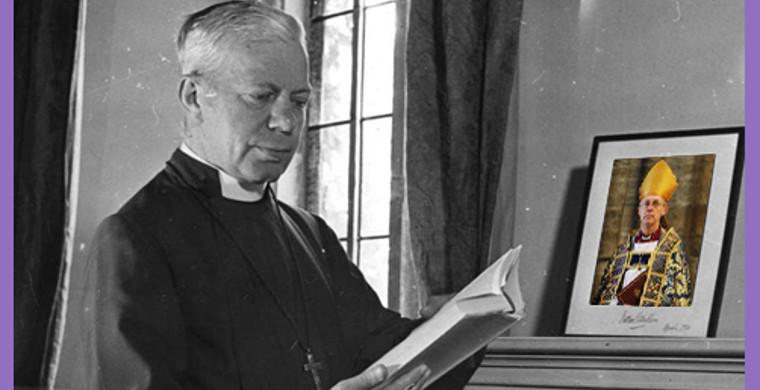Church of England hits back over claims it is 'delaying' George Bell report
By James Macintyre
https://www.christiantoday.com/
Nov. 20, 2017
The Church of England has hit back over the allegation that it is delaying publishing the Carlile report into its handling of an abuse claim against the late George Bell, the once internationally respected former Bishop of Chichester, saying it is 'business as usual'.
The Church said in a statement that the delay in publishing the report from the review by Lord Carlile of Berriew into lessons learnt from the case, which was delivered more than six weeks ago on October 7, was down to the 'intensive process' of 'responding with feedback from those who contributed' which includes 'issues over factual accuracy and identification of "Carol"' the pseudonym for the complainant, in accordance to the terms of reference.
'This is the process with all independent reviews, there is a period of a few months between receiving the first draft and final publication,' the statement from a spokesperson for the National Safeguarding Team said, with a Church source adding that 'we are not delaying anything'.
The statement comes after fierce criticism of the Church's handling of the case led by Peter Hitchens, the Mail on Sunday columnist and outspoken supporter of the campaign to clear the name of the late former bishop which is being coordinated by the George Bell group.
Hitchens -- who condemned the Church for allegedly disregarding the presumption of innocence in October 2015 when it publicised claims by 'Carol', to whom it paid compensation -- has regularly since used his blog, column and Twitter account to attack the Church and the Archbishop of Canterbury, Justin Welby, over the handling of the case, and to speculate that the Carlile report is highly critical.
The Church said: 'The review was not presented to the Archbishop of Canterbury, as has been stated. He will of course will read the final version, as he takes all safeguarding issues very seriously. It is being led by the National Safeguarding Team.'
The full Church statement said: 'We received the draft of Lord Carlile's report in October and now, according to the Terms of Reference of the review, are at the stage of responding with feedback from those who contributed. This is quite an intensive process and includes issues over factual accuracy and identification of "Carol". As the review website notes, the final version of the report will then be presented to the National Safeguarding Steering Group before publication. This is the process with all independent reviews, there is a period of a few months between receiving the first draft and final publication.'
Responding, Hitchens told Christian Today: 'The report concerns one issue, one case and its message that the secret trial of George Bell was wholly unfair is quite clear. There is no real reason for any further delay. There has been quite enough delay in the Church acknowledging that it made a grave and severe mistake by treating allegations against George Bell as proven facts back in October 2015. They then sought to claim falsely that critics of their action were attacking the complainant. It really is time they grew up and owned up.
'If the Church had spent as much time thinking about whether to publish the smears against George Bell as it is about publishing the Carlile report, we could have been saved a lot of trouble.'
In 2015 the Bishop of Chichester issued a formal apology following the settlement of a legal civil claim regarding allegations of sexual abuse by the late Bishop Bell, who was Bishop of Chichester from 1929 until shortly before his death in 1958.
In November last year, the Church announced the Carlile review which it said was aimed at investigating 'the processes surrounding the allegations which were first brought in 1995 to the diocese of Chichester, with the same allegations brought again, this time to Lambeth Palace, in 2013.' The Church added at the time: 'It will also consider the processes, including the commissioning of independent expert reports and archival and other investigations, which were used to inform the decision to settle the case, in order to learn lessons which can applied to the handling of similar safeguarding cases in future.'














